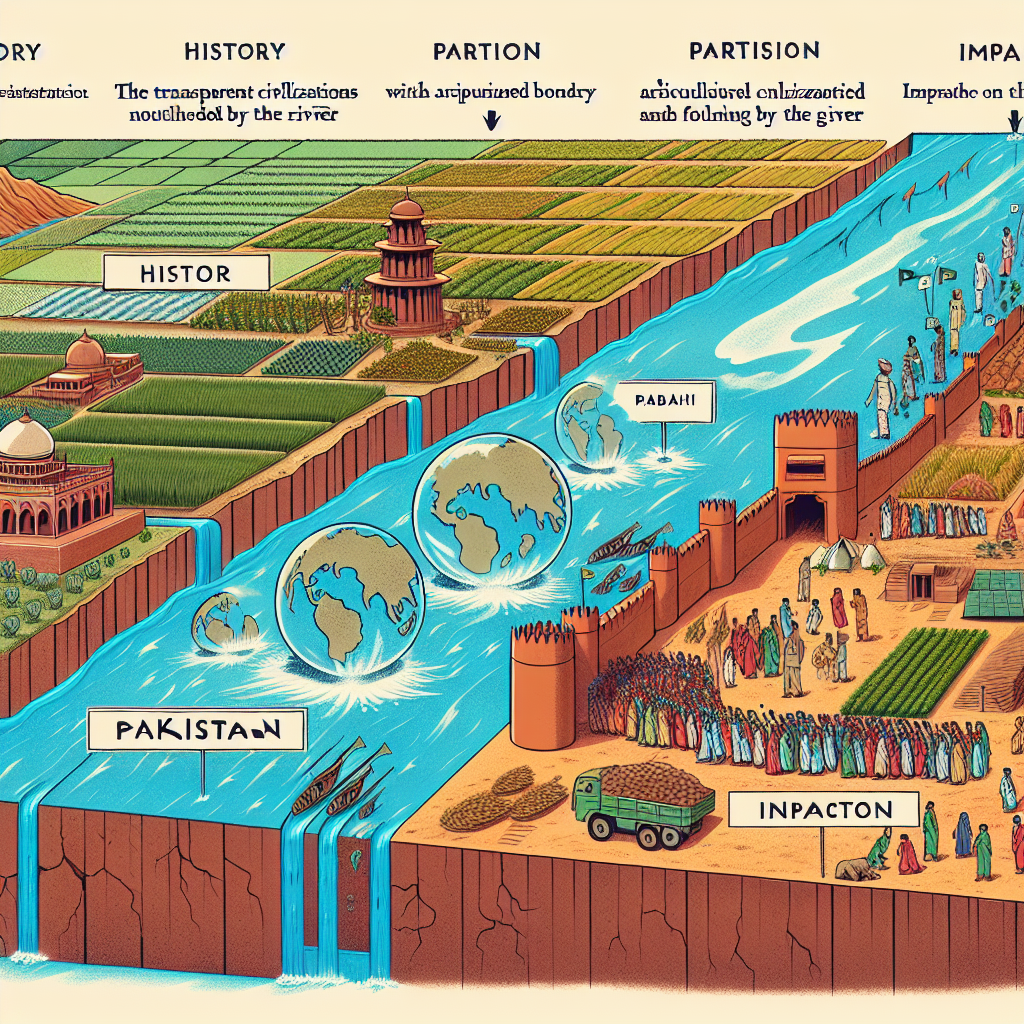Understanding the Indus Waters Treaty: History, Partition, and Its Impact on Pakistan
Understanding the Indus Waters Treaty: History, Partition, and Its Impact on Pakistan
Introduction to the Indus Waters Treaty
The Indus Waters Treaty, signed in 1960, is a pivotal agreement between India and Pakistan, brokered by the World Bank. It governs the use of the Indus River and its tributaries, which are crucial for both countries’ water needs.
Historical Context and Partition
The partition of British India in 1947 led to the division of the Indus River system between India and Pakistan. This division created immediate tensions over water resources, as the rivers originating in India flow into Pakistan, making the latter heavily dependent on upstream water management.
Key Provisions of the Treaty
- Allocation of Rivers: The treaty allocates the three western rivers (Indus, Jhelum, and Chenab) to Pakistan and the three eastern rivers (Ravi, Beas, and Sutlej) to India.
- Water Use: It allows India limited use of the western rivers for agriculture, transport, and power generation, without affecting the flow to Pakistan.
- Dispute Resolution: The treaty includes mechanisms for resolving disputes, involving a Permanent Indus Commission and provisions for arbitration.
Impact on Pakistan
The treaty has been crucial for Pakistan’s agriculture and economy, as the country relies heavily on the Indus River system for irrigation. However, it also faces challenges such as:
- Water Scarcity: Increasing demand and climate change have exacerbated water scarcity issues.
- Infrastructure Needs: Pakistan requires significant investment in water infrastructure to manage its resources effectively.
- Geopolitical Tensions: Ongoing political tensions with India occasionally threaten the stability of the treaty.
Conclusion
The Indus Waters Treaty remains a cornerstone of India-Pakistan relations, providing a framework for cooperation despite geopolitical tensions. While it has successfully managed water distribution for decades, evolving challenges necessitate continued dialogue and investment in sustainable water management practices.




































